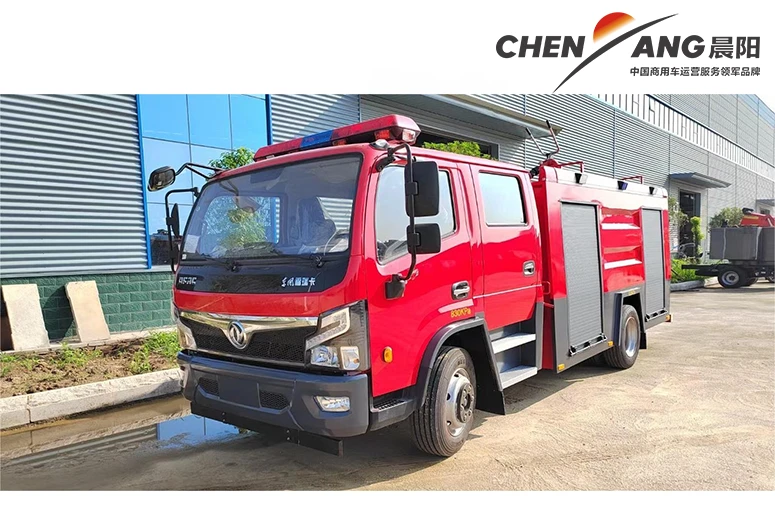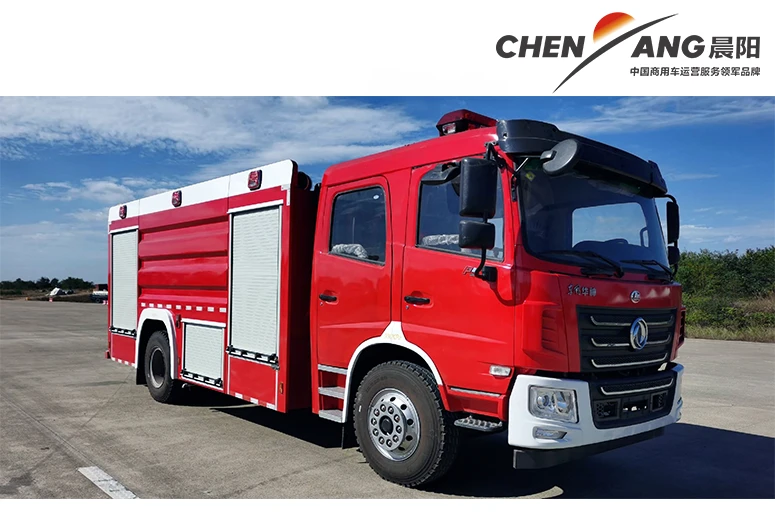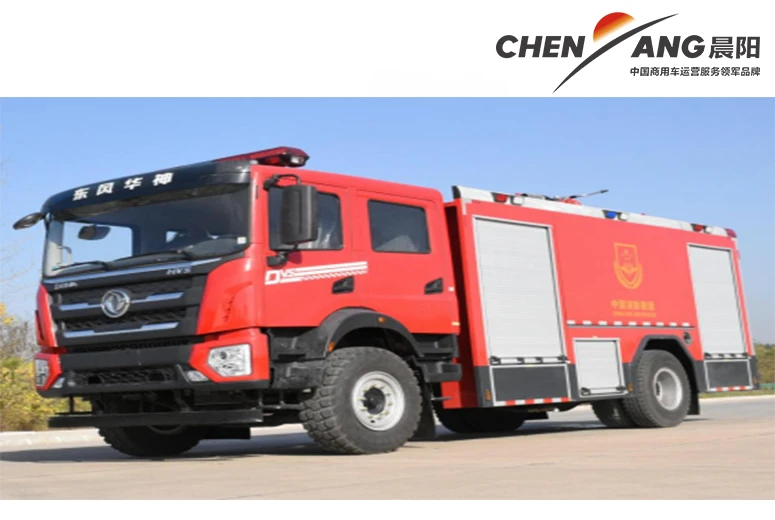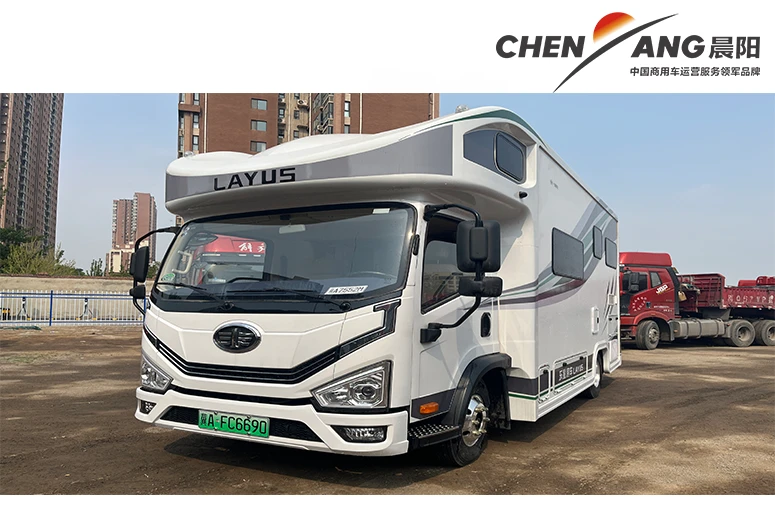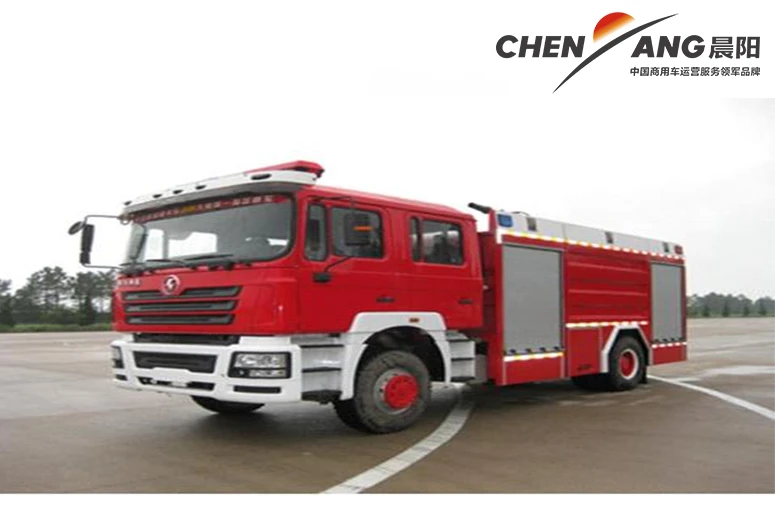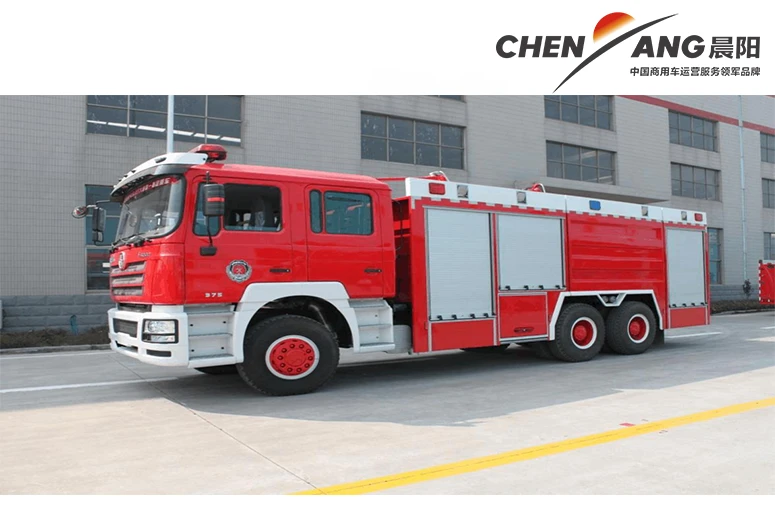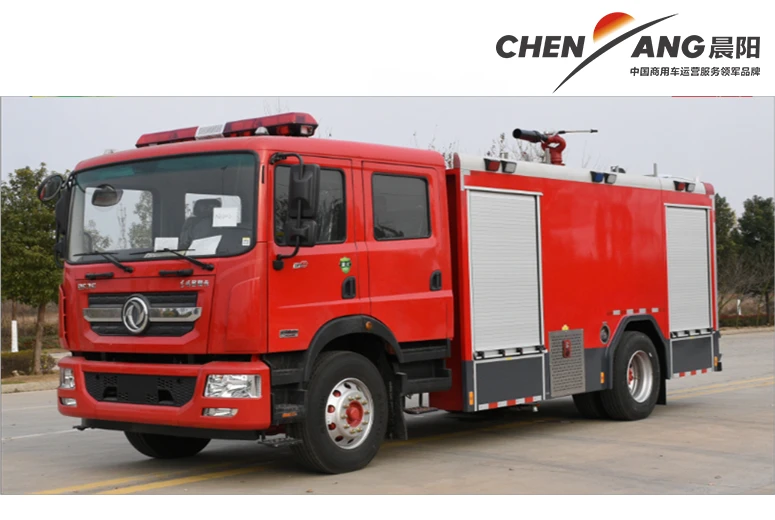Special Purpose Vehicles
Special Purpose Vehicles (SPVs) are vehicles specifically designed and equipped to perform unique or specialized tasks, often in industries like construction, emergency response, waste management, and logistics. Unlike standard vehicles, SPVs are tailored to meet the demands of specific functions through specialized equipment and design.
For instance, fire trucks are engineered with features like water tanks, high-pressure hoses, and rescue tools to support firefighting and rescue operations. Ambulances are SPVs outfitted with medical equipment to provide emergency medical care en route to a hospital. Concrete mixers and dump trucks are common in the construction industry, where they handle tasks like transporting concrete or moving debris and heavy materials on-site. In waste management, garbage trucks are equipped to collect and compress waste, streamlining garbage collection.
Each SPV is built with a unique purpose, such as supporting life-saving missions, transporting delicate goods, or operating in hazardous environments. The specialization and adaptability of SPVs make them essential for sectors where operational efficiency and safety are paramount. Because they are tailored to their intended functions, SPVs improve productivity and streamline workflows across a variety of professional fields.
What Factors Should I Consider When Purchasing A Special Purpose Vehicle?
When purchasing a special purpose vehicle, it’s essential to consider task requirements, durability, customization options, and compliance with industry standards. Begin by assessing the specific tasks the vehicle will perform. For example, if you need a vehicle for construction, look at options like dump trucks or cement mixers, ensuring the model meets capacity requirements and performance needs for your projects.
Durability is crucial, as SPVs often operate in demanding environments and handle significant workloads. Look for models with robust engines, reinforced chassis, and components designed to withstand heavy use. Safety features such as rollover protection, GPS tracking, and backup cameras are also important, especially for vehicles used in hazardous settings.
Customization is another key factor. Many SPVs can be tailored with attachments, specialized equipment, or storage solutions specific to your industry. For example, refrigerated trucks in the logistics industry can be customized with specific temperature settings to safely transport perishable goods.
Finally, ensure the vehicle complies with local regulations and industry standards, particularly regarding emissions and safety. This not only helps avoid legal issues but also ensures your operations run smoothly and sustainably.
How Do I Maintain A Special Purpose Vehicle To Ensure Longevity And Performance?
Maintaining a special purpose vehicle involves regular inspections, routine servicing, and adhering to manufacturer-recommended maintenance schedules. Begin with routine inspections before and after each use, checking vital areas like fluid levels, tires, and the functionality of specialized equipment. For instance, a fire truck requires regular inspections of water pumps, hoses, and ladders, while a refrigerated truck needs checks on temperature controls and insulation.
Routine servicing includes oil changes, filter replacements, and lubrication of moving parts. Special attention should be given to components that undergo heavy wear, such as hydraulic systems, cooling units, and heavy-duty tires. In SPVs with advanced technology, like telematics or GPS, ensure software updates and system diagnostics are performed regularly to maintain optimal functionality.
Cleaning the vehicle, both interior and exterior, is also vital, especially for SPVs used in harsh environments. Dust, mud, and debris can accumulate and interfere with vehicle operations, affecting longevity. Maintaining a logbook to track service dates, repairs, and any issues helps anticipate potential problems, allowing for preventative maintenance that can save on costly repairs in the long run.
Following a structured maintenance routine ensures that SPVs perform reliably and safely, maximizing their lifespan and efficiency on the job.


